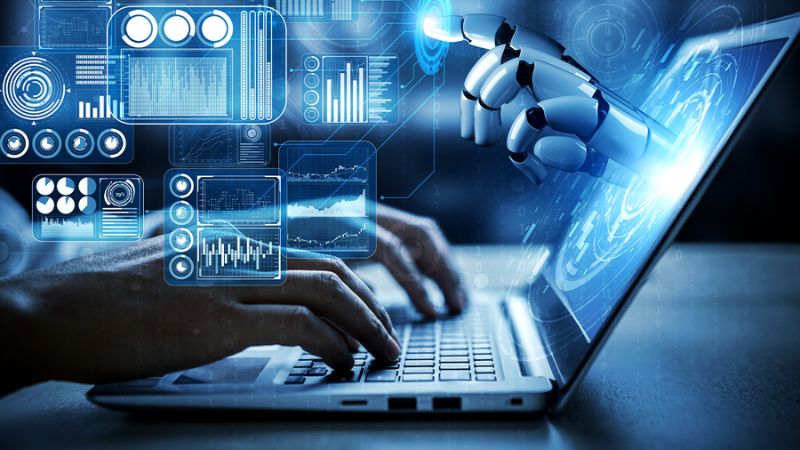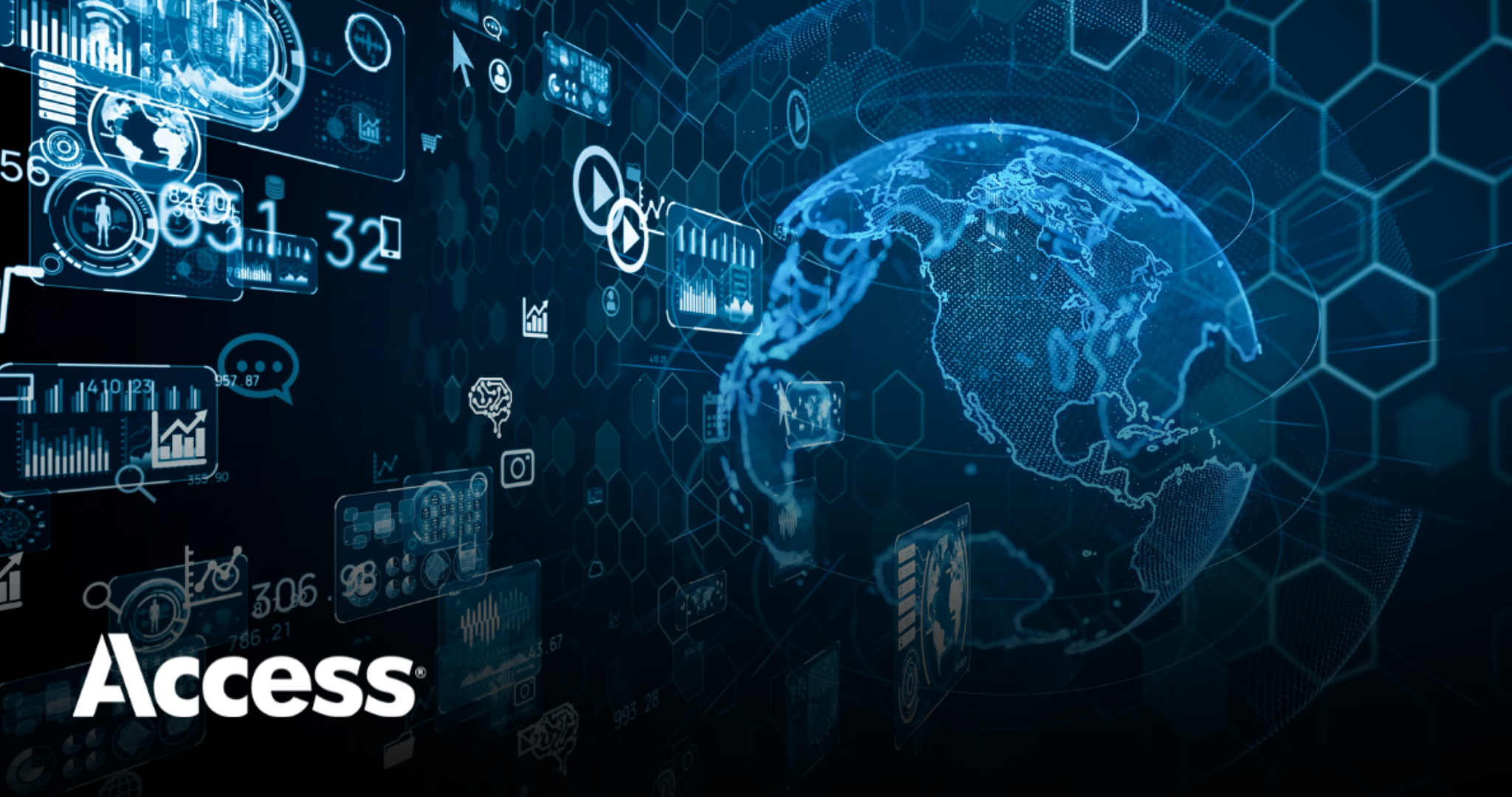Introduction to Artificial Intelligence (AI)
Artificial Intelligence (AI) is no longer just a convenient concept – it is transforming industries and impacting daily life in ways that were once unimaginable. AI is a branch of computer science focused on creating machines capable of performing tasks that typically require human intelligence, such as learning, problem-solving, and decision-making. From self-driving cars to virtual assistants, AI is increasingly becoming a part of our daily lives.
1. AI in Daily Life
Artificial Intelligence has been integrated into our daily routines, often without us even noticing. AI-powered assistants such as Apple’s Siri, Google Assistant, and Amazon’s Alexa are examples of how AI is used. These systems use natural language processing (NLP) to understand and respond to commands. AI also supports content platforms like Netflix and YouTube, which adjust recommendations based on our preferences and viewing history.
Learn more about AI in daily life:
2. AI in Healthcare: Revolutionizing Medicine
In healthcare, AI has made significant advancements in improving diagnostics, treatment, and patient care. AI algorithms can analyze medical images, such as X-rays and MRIs, to detect early signs of diseases like cancer. AI-powered tools can also predict patient outcomes and suggest key strategies, helping doctors make more accurate decisions and improving patient results.
Read more about AI in healthcare:
Link to article
3. AI in Business: Enhancing Efficiency and Strategy
AI not only enhances performance but is also revolutionizing how businesses operate. AI tools can automate repetitive tasks, analyze user behavior, and predict market trends. In the next generation, AI enables businesses to create targeted campaigns, personalize customer interactions, and optimize their strategies. The ability to analyze large volumes of data quickly and accurately is a game-changer for businesses wanting to stay ahead of the competition.
Explore AI in business:
Link to article
4. AI in Education: Personalized Learning for Students
Artificial Intelligence is reshaping education by providing personalized learning experiences. AI platforms can analyze students’ learning patterns and adjust lessons to meet their individual needs. AI also plays a role in administrative tasks, such as grading and scheduling, freeing up teachers to focus more on teaching.

Read more about AI in education:
Link to article
5. The Future of AI: Opportunities and Challenges
While AI presents enormous potential, it also raises significant concerns. Ethical considerations, such as privacy issues and the possibility of job displacement, must be addressed. Moreover, AI development must be handled responsibly, ensuring it benefits society as a whole. The future of AI will depend on the collective efforts of governments, businesses, and individuals to create policies and regulations that foster innovation while protecting human interests.
Explore more about the future of AI:
Link to article
6. AI in Environmental Security: Combatting Climate Change
AI is also making strides in sustainable environmental development. Researchers are using AI to monitor environmental data and predict the impacts of climate change, rising sea levels, and extreme events. AI models are helping scientists create more efficient renewable energy systems, optimize energy consumption, and reduce waste.
For example, AI can optimize the use of renewable energy sources like solar and wind by predicting when and where energy demand will be highest, enabling more efficient energy distribution. In agriculture, AI-supported systems are used to optimize water usage, reduce pesticide consumption, and increase crop yields, contributing to more sustainable farming practices.
Learn more about AI and the environment:
Link to article
7. AI in Creativity: Transforming Art, Music, and Content Creation
In addition to practical applications, AI is leaving a mark on creative fields such as art, music, and content creation. AI systems are capable of creating original artworks, composing music, and even writing articles. The AI-generated creations are often indistinguishable from those produced by humans, challenging our traditional perceptions of creativity and artistic expression.
For example, AI algorithms can analyze patterns in paintings or musical compositions to generate new works that reflect a blend of existing styles. AI tools are also helping writers and journalists by generating headlines, blog posts, and even books, saving time and providing creative inspiration.
Explore AI in the creative process:
Link to article
Conclusion: The Power of Artificial Intelligence
AI is not just a trend; it is a transformative force that is reshaping industries, improving our daily lives, and shaping the future of technology. From healthcare to education, business, and sustainability, AI is opening up new possibilities and driving innovation. However, as we embrace these advancements, it is crucial to address the ethical concerns, privacy issues, and social implications that come with the rapid development of AI.
By promoting responsible development and ensuring inclusivity, we can harness the power of AI to build a brighter and more sustainable future for all.

